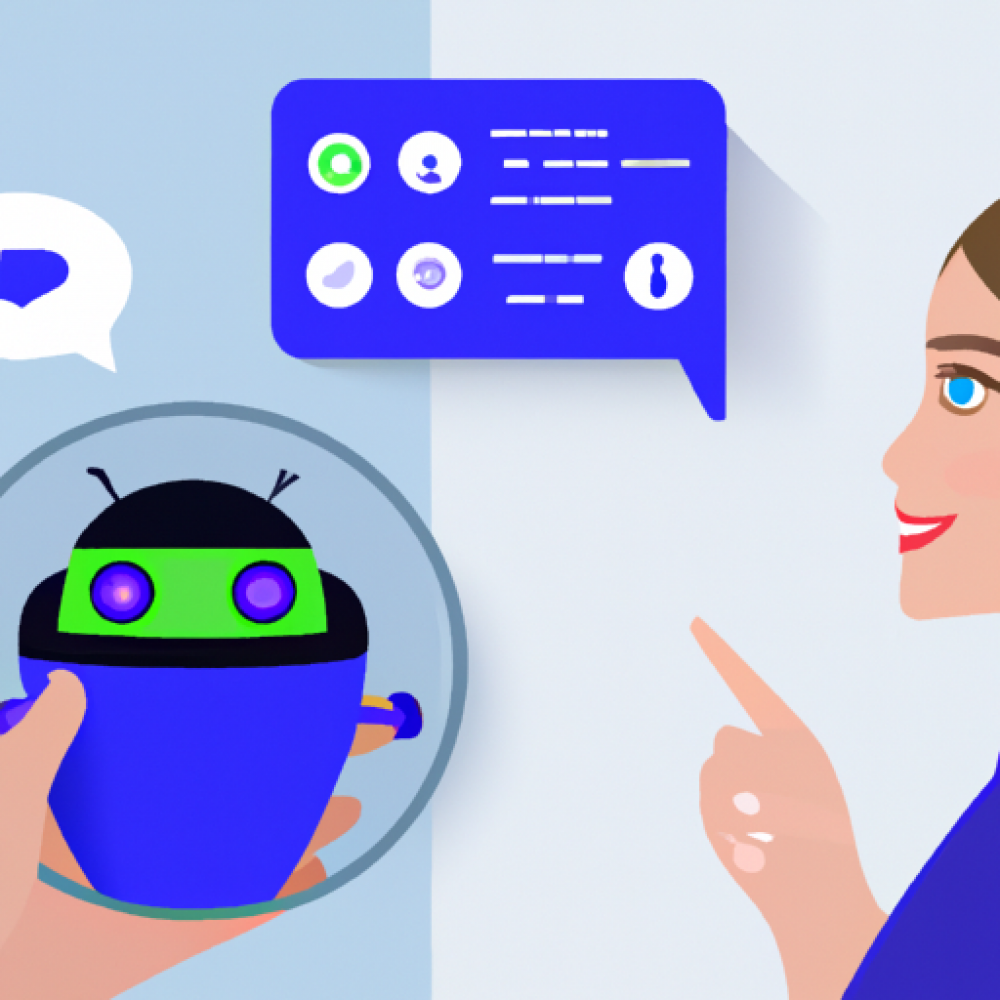
Alphabet and Microsoft Push New AI Features
Google releases "Bard" conversational AI service to compete with OpenAI's ChatGPT
Artificial intelligence is making headlines again, with Google releasing a rival to OpenAI’s ChatGPT called "Bard" to early testers. The company's new conversational AI service will be released to the public “in the coming weeks” after being tested by trusted testers for feedback, Alphabet CEO Sundar Pichai said in a blog post.
How Bard's Transformer model generates detailed responses for quicker and more accurate answers
The technology aims to generate detailed answers when given simple prompts. Bard uses a Transformer model, similar to ChatGPT, to generate responses that are contextually relevant and provide more information than just a one-word answer. This approach is expected to help users find answers to their queries more quickly and accurately.
Pichai also said Google plans to add AI-powered features to its search engine that synthesize information to answer complex queries like whether a guitar or the piano is easier to learn to play. By using natural language processing and machine learning, the search engine can understand the context of the query and provide a more comprehensive answer.
Microsoft's rumored event focused on AI and potential integration of ChatGPT into Bing
Separately, Microsoft plans to hold an event today at its headquarters. The company didn’t disclose the content of the event, but speculation has centered on the company’s bets on artificial intelligence, including adding OpenAI’s ChatGPT bot into its Bing search engine. Bing currently has about a 9% share of the global search market. Last month, Microsoft said it was making a multibillion investment in OpenAI.
OpenAI's ChatGPT, which stands for Generative Pre-trained Transformer, is a language model that uses deep learning to generate human-like text. It has become a popular tool for generating responses in chatbots and virtual assistants. If Microsoft integrates ChatGPT into Bing, it could potentially improve the search engine's ability to understand natural language queries and generate more relevant results.
The growing use of conversational AI in search engines and its implications for data privacy
The use of AI in search engines has been steadily increasing over the years. Major tech companies such as Google and Microsoft are investing billions of dollars in AI technology to integrate conversational AI into their search engines. As search engines become more conversational, they may provide instant and direct answers to our most complex and intimate questions, potentially changing the way we use the internet.
Tech companies' implementation of privacy policies and data protection measures to ensure user data is kept safe and secure
However, this shift also raises concerns about the increased collection and use of personal information by tech companies for marketing purposes. As search engines become more personalized, they may collect more data about our habits, preferences, and interests. This data can be used to serve targeted ads, but it can also be used for more nefarious purposes such as identity theft or fraud.
To address these concerns, tech companies have implemented privacy policies and data protection measures to ensure that user data is kept safe and secure. Google, for example, has implemented "Federated Learning" to train its AI models on user data without storing the data on its servers. Microsoft has also implemented similar measures to protect user data.
In conclusion, the release of Google's Bard and Microsoft's integration of OpenAI's ChatGPT into Bing highlight the growing importance of conversational AI in search engines. As AI technology continues to advance, we can expect to see more innovations in search engines that will make it easier for us to find the information we need. However, it is also important to consider the implications of increased data collection and ensure that user data is kept safe and secure.
Interested in the latest updates on AI technology? Follow us on Facebook and join our group (Link to Group) to leave your comments and share your thoughts on this exciting topic!
